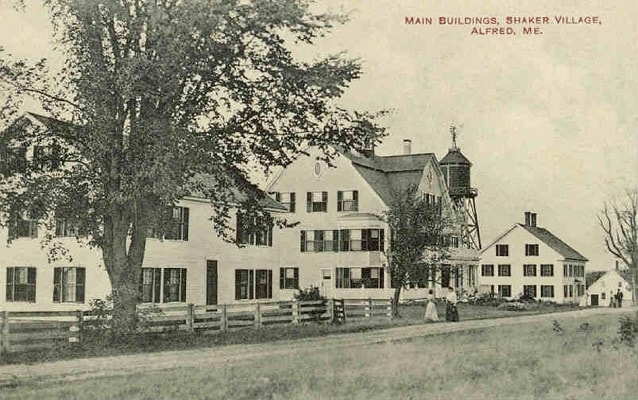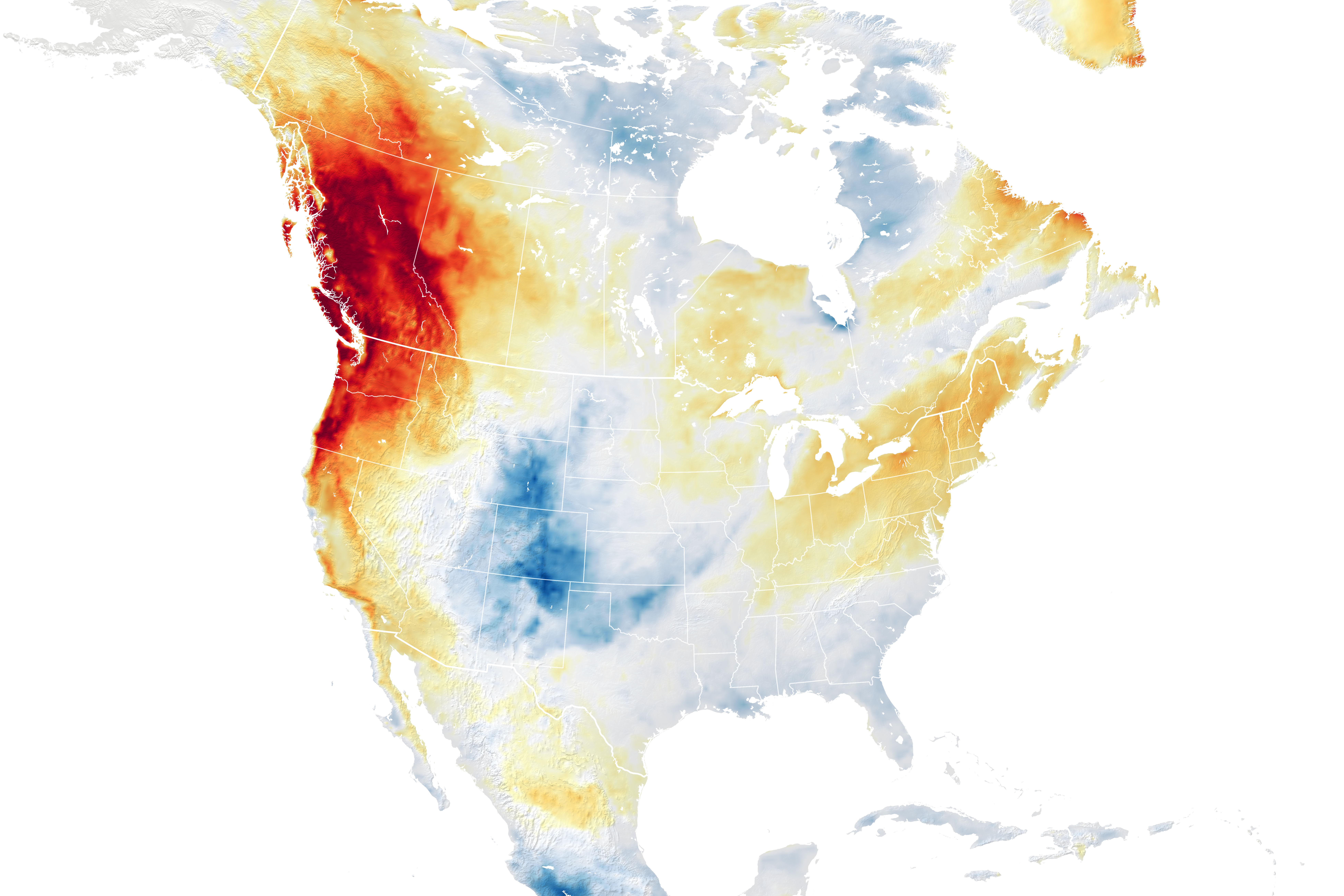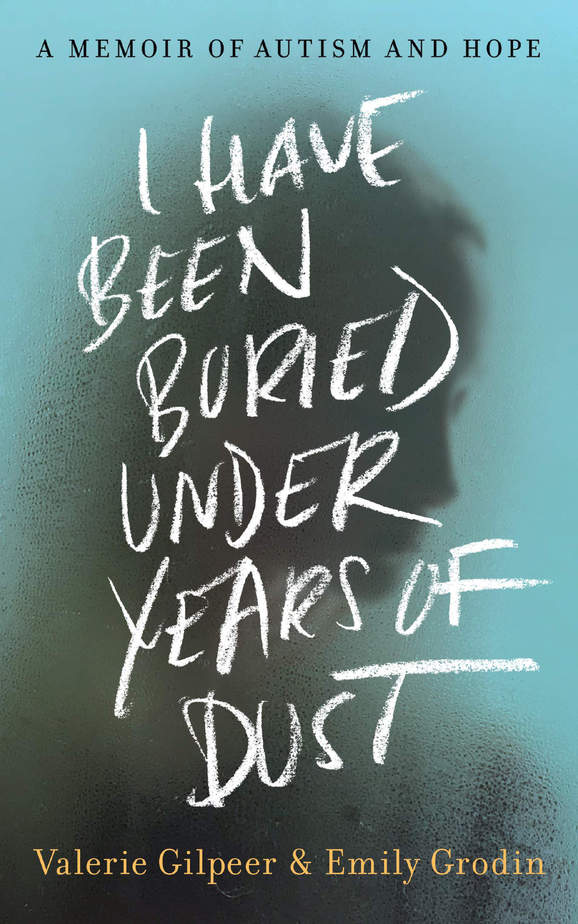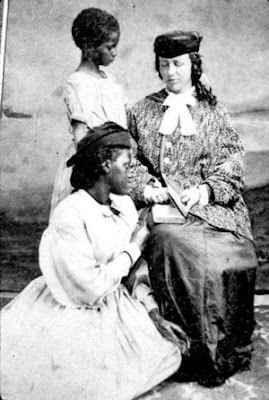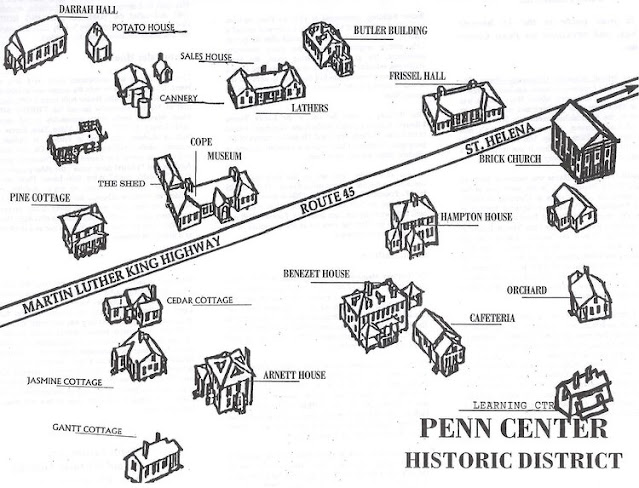 |
The Attack by Edvard Isto Symbolizes Finland's Resistance to Russification |
Finlandia was composed in 1899-90 by Jean Sibelius as a patriotic symphonic poem.
Article by Danny Riley
"Press censorship was a strong characteristic of Russian, and in
1899 Sibelius was asked to compose some music for a “Press Celebrations”
event. It was advertised as a fundraiser for pensions of newspaper
workers, but its real purpose was to help finance a Finnish free press.
So, to mark the occasion Sibelius chose to create a set of seven musical
tableaux depicting momentous occasions in his country’s history."
...
"The work ended, however, in the rousing “Finland Awakes” – an optimistic look towards the country’s future."
...
"As the work grew in popularity, however, it had to be performed under
politically inoffensive pseudonyms to avoid Russian censorship."
...
"When the Finnish parliament declared independence from Russia in December 1917, this feeling was crystallised in the music of Finlandia. “We fought 600 years for our freedom and I am part of the generation which achieved it,” he wrote. “Freedom! My Finlandia is the story of this fight. It is the song of our battle, our hymn of victory.” From then on, Finlandia remained
a constant source of inspiration for patriotic Finns, with the poet
Veikko Antero Koskenniemi writing his own lyrics to the 'Finlandia Hymn'
in response to Russian aggression during the Second World War."
*****
The words of the hymn Be Still, my soul were written in 1752 in German by Katharina von Schlegel and translated to English by Jane Borthwick in 1855. It is sung to Sibelius' tune Finlandia.
1 Be still, my soul! for God is on your side;
bear patiently the cross of grief or pain:
leave to your God to order and provide,
who through all changes faithful will remain.
Be still, my soul! your best, your heav’nly Friend
through thorny ways leads to a joyful end.
2 Be still, my soul! for God will undertake
to guide the future surely as the past.
Your hope, your confidence, let nothing shake;
all now mysterious shall be clear at last.
Be still, my soul! the waves and winds still know
the voice that calmed their fury long ago.
3 Be still, my soul! the hour is hastening on
when we shall be forever in God's peace;
when disappointment, grief, and fear are gone,
love’s joys restored, our strivings all shall cease.
Be still my soul! when change and tears are past,
all safe and blessed we shall meet at last.
*****
In 1932 a young music student at the University of Southern California aware that the great powers were once again threatening to take control of weaker nations, felt in Sibelius' powerful music a way to speak out for peace. Lloyd Stone wrote his own words to the tune Finlandia.
This is my song
Oh God of all the nations
A song of peace for lands so far away
This is my home, a country where my heart is
Here grew my hopes and dreams for all mankind
But other hearts in other lands are beating
With hopes and dreams as true and high as mine
My country's skies are bluer than the ocean
And sunlight shines on clover leaf and pine
But other lands have sunlight too and clover
And skies are everywhere as blue as mine
Oh hear my prayer, o gods of all the nations
A song of peace for their lands and for mine
"Lloyd Stone (1912 – 1993) was born in California and attended the
University of Southern California as a music major, with the intent of
becoming a teacher. Instead, he joined a circus bound for Hawaii and
remained there for the rest of his life, writing poems and songs. This
is his best known work; stanzas 1 and 2 were written in 1934 when Lloyd
was 22 years old. Often combined with several additional verses by
Georgia Harkness, the poem is typically sung to the tune Finlandia,
composed by Jean Sibelius. Lloyd also wrote a musical based on Joyce
Kilmer’s poem, 'Trees,' and several books of Hawaii-themed poems. Said
one reviewer, '[Stone] does not sing of the palms and the surf, but of
the earthy human beauty which is the heritage of the islands.'"
*****
I remember when we sang together the hymn A Song of Peace, page 304 in our Friends Hymnal.
.png/548px-Joan_Baez_(1965).png)





_object_10_The_Little_Black_Boy.jpg)
